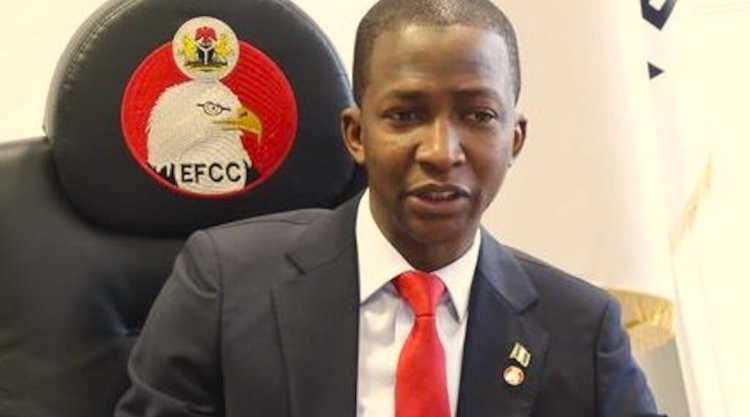The Department of State Services (DSS) has confirmed the release of former Chairman of the Economic and Financial Crimes Commission (EFCC), Abulrasheed Bawa, but the security agency has some questions to answer.
Development Diaries reports that the DSS freed Bawa more than 100 days after he was invited and detained for undisclosed reasons.
Not only did the DSS defy section 35 of the 1999 constitution by violating Bawa’s rights, but they also failed to spell out the charges against him and why he has been released.
In any legal system, it is imperative to disclose the charges brought against a citizen who has been taken into custody in order to maintain the values of justice, accountability, and transparency.
Transparency in the charges not only ensures the accused understands the basis of their arrest but also helps to prevent abuses of power by law enforcement agencies.
By making the charges public, the legal system is made easier to comprehend for the general public, which promotes institutional trust.
It also allows the accused to seek legal counsel and prepare a defence effectively. In democratic societies, citizens have the right to know the allegations against them, as it is a fundamental aspect of their due process rights.
Concealing charges could lead to a lack of accountability and undermine the principles of a fair and just legal system.
Furthermore, law enforcement officials usually rely on probable cause, which is a legal requirement that guarantees there is a reasonable suspicion that an individual has committed a crime.
After the arrest, the arrested person is entitled to due process, which includes the right to a fair and impartial trial, and a court order is essential to initiating this process.
In the case of Bawa, the DSS did not inform the public of any court order, which is an indication that due process was not followed and the rule of law was not maintained.
Development Diaries therefore describes the handling of Bawa’s detention by the DSS as unacceptable and calls on the security agency to provide answers to the following questions: Why was Bawa arrested and detained? Why was he released? Was his release based on a court order? The public deserves to know.
Photo source: EFCC







